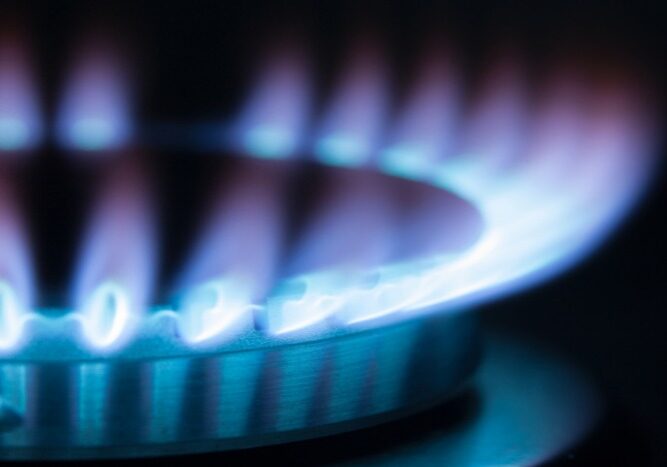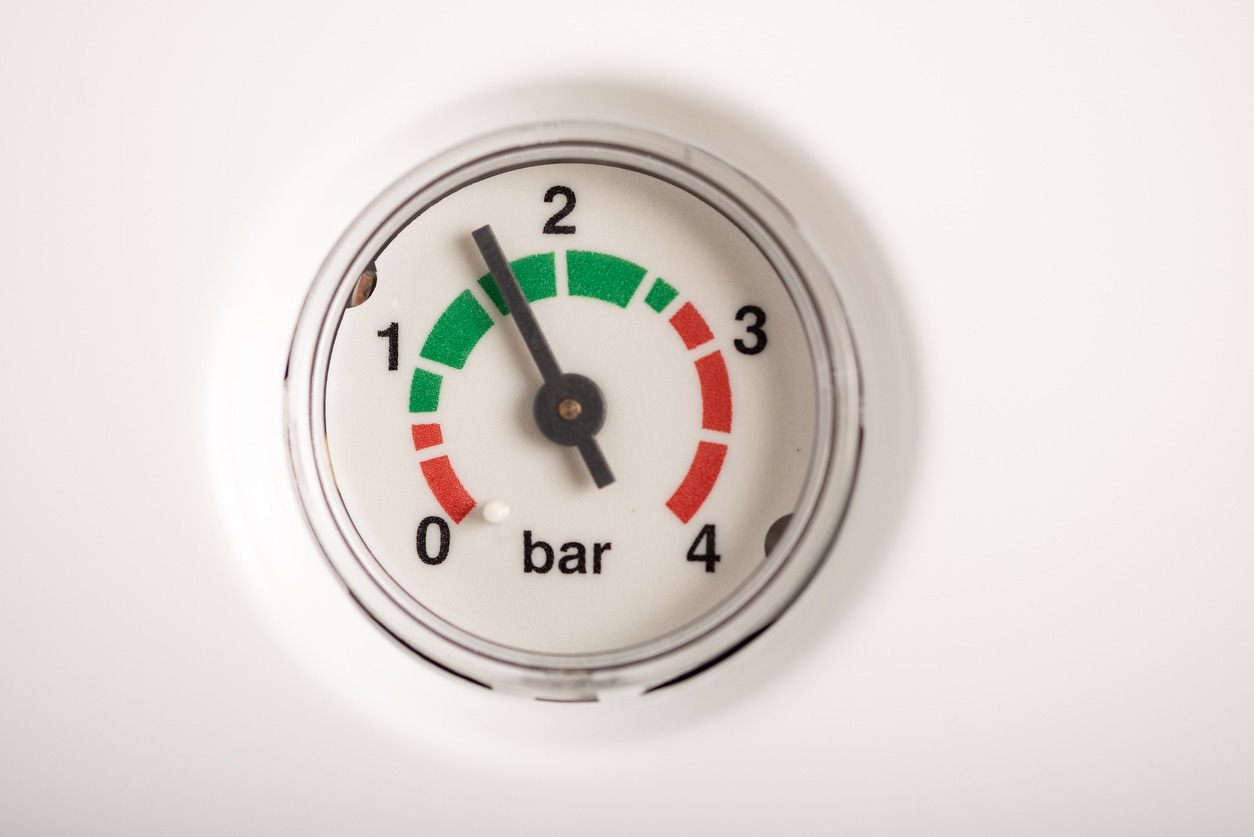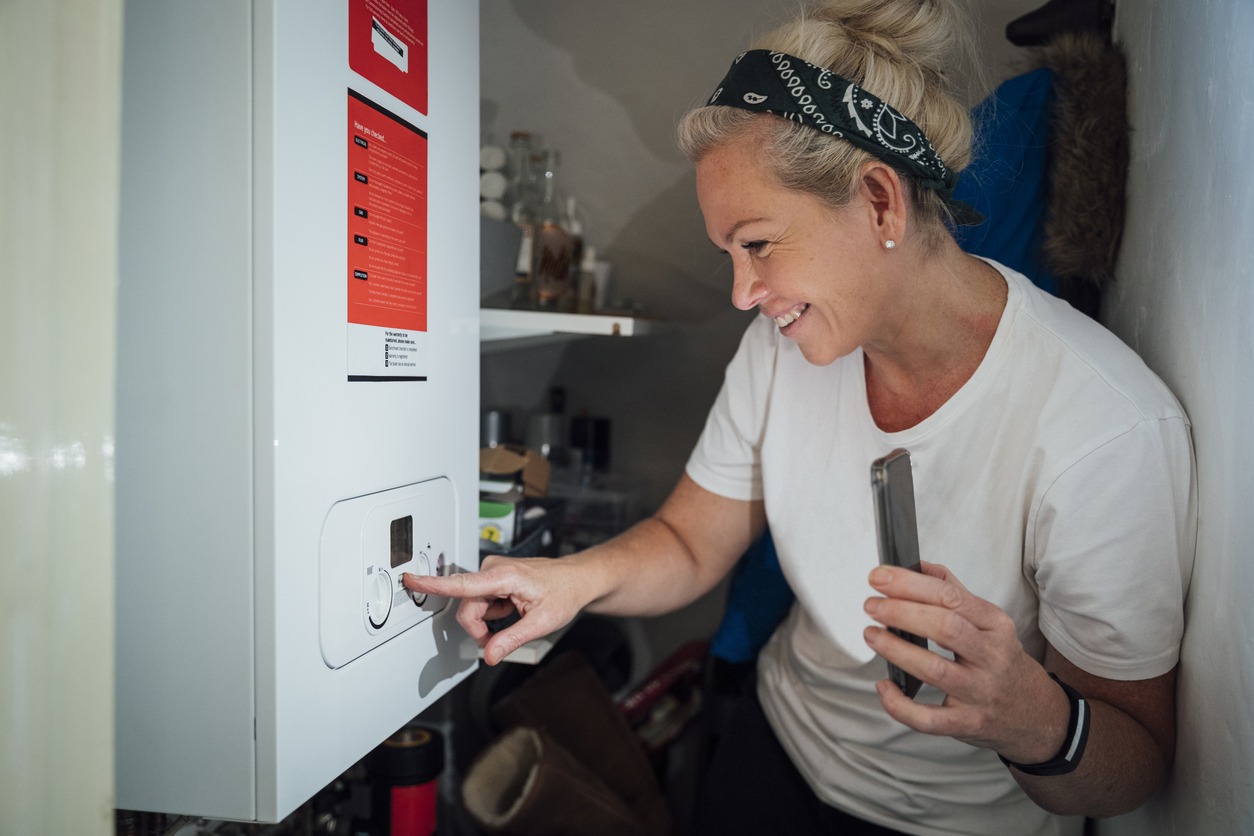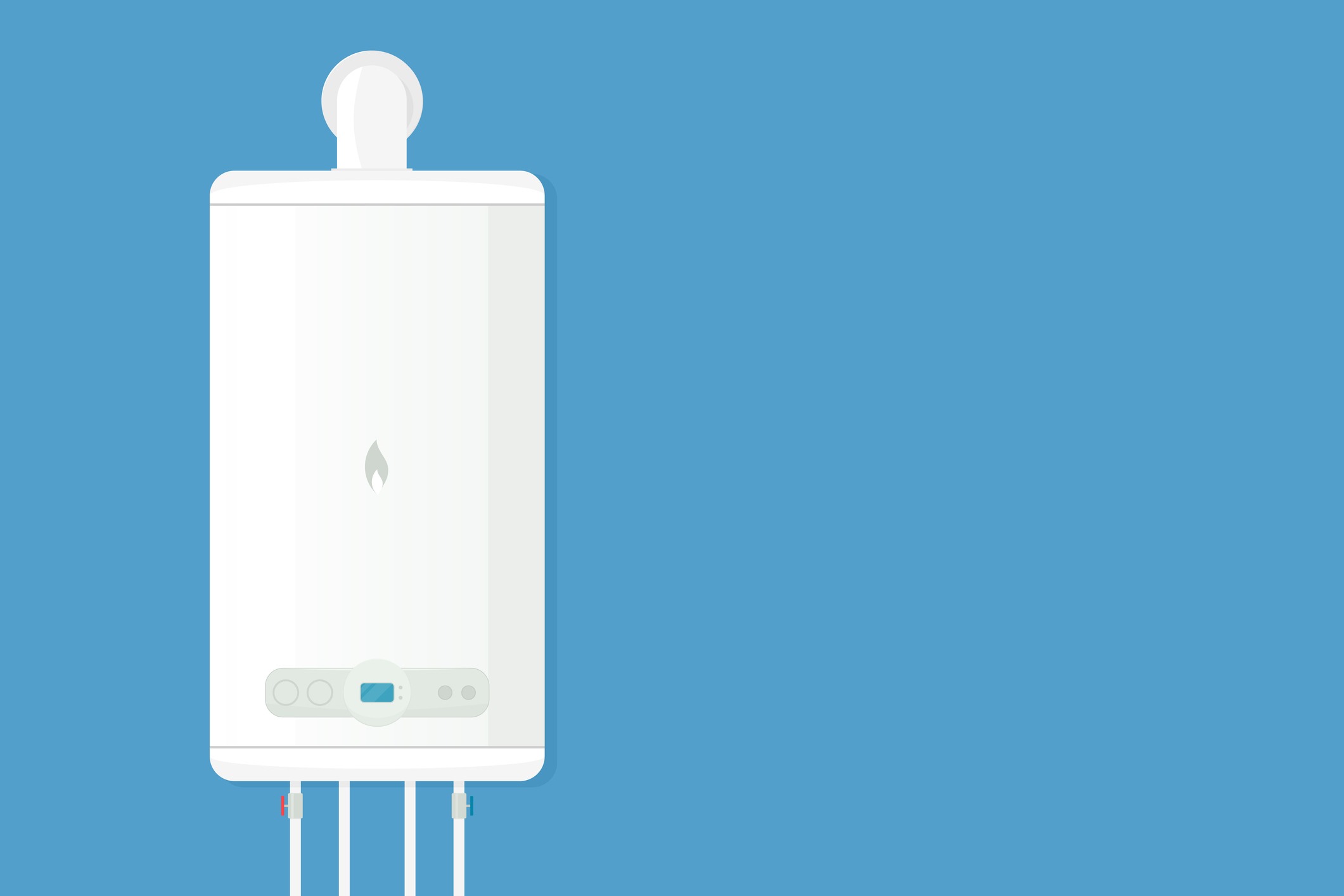Read our top tips around gas oven seals, and what to do if you find yours has perished or split.
Gas oven seals
The main responsibility of a gas oven seal is to prevent any gas from leaking out into your home when cooking, which could increase the risk of carbon monoxide poisoning.
Carbon monoxide is a colourless, ordourless and tasteless gas which is toxic to humans and animals over a certain concentration.
What to look out for
It is important to regularly check your oven seals; these will be attached to the oven door or the actual cooker itself. When checking the seals, look out for splits or signs of perish, this might appear as an ill fitting or 'stretched' seal, visible cracks or tears. Your oven seals must always be in a good condition.
What to do if you find an issue
If you find that the seal has been damaged or has perished, you must immediately stop using your oven, as this could mean carbon monoxide is leaking into the room. You must contact a competent gas safe engineer who will be able to advise further.
Tips for gas safety when cooking
In colder weather, it is tempting to keep windows and doors shut when cooking to keep in the warmth. However, we recommend cooking with an open window or door nearby to allow for good ventilation.
It is also essential that carbon monoxide alarms are tested at least once a week. These devices are potentially life saving and sound an alert if they detect this odourless gas. To ensure it is continuously monitoring and measuring the levels of carbon monoxide, simply push the test button to check it is working.








